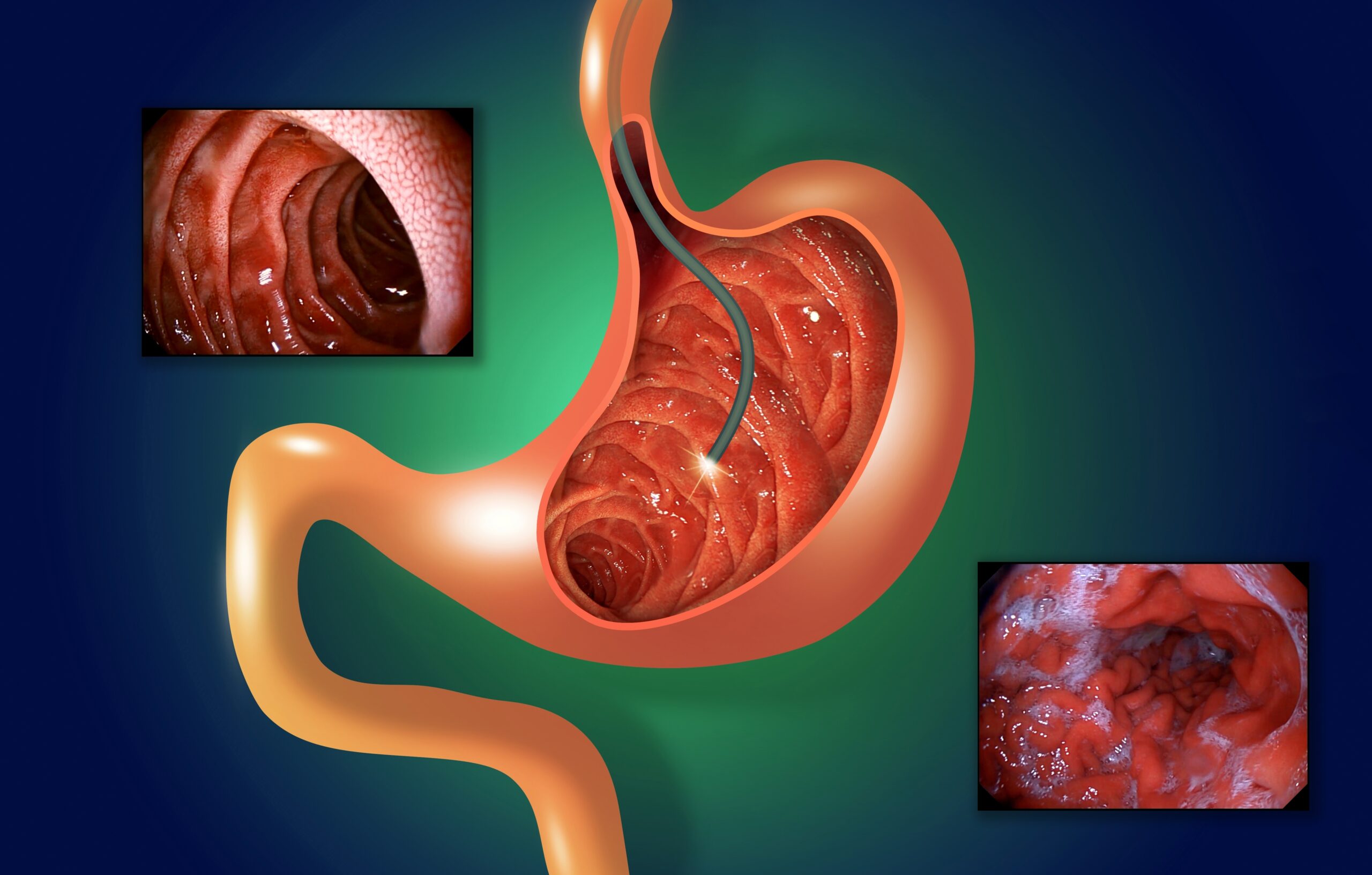
Editor's Note Many youths continue to take opioids months after undergoing surgery, according to a recent multi-institutional study published in JAMA Network. Medical Xpress covered the news July 11. Conducted by researchers from CHOP, Massachusetts General Hospital, University of Pennsylvania, and Stanford Medicine, the study found 1 in 6 youths…

Editor's Note In a new guidance document for manufacturers of pharmaceuticals and biopharmaceuticals, The Association for the Advancement of Medical Instrumentation (AAMI) has released a new guidance document updating best practices for radiation sterilization validation and routine control of single-use systems. The document, AAMI CR513:2024; Guidance on radiation sterilization validation and…

Editor's Note Intraoperative infusion of dexmedetomidine (DEX) could help improve glycemic control and reduce insulin requirements in diabetic patients undergoing cardiac surgery, according to a July 25 article in Medical Dialogues. The article focuses on a prospective observational study published in the journal Annals of Cardiac Anesthesia. The study included…

Editor's Note Erin Fox, senior pharmacy director at University of Utah Health who has been monitoring drug shortages for over 20 years, spoke to AP News in June of her concerns. Currently, the situation is worse than ever, with total active shortages hitting an all-time high of 323 (with 48…

Editor's Note Healthcare costs are expected to rise between 7% and 8% in 2025, according to a report from PwC's Health Research Institute. As detailed in a July 17 article from Fierce Healthcare, PwC projections for an 8% increase in the group market and 7.5% in the individual market would…

Editor's Note Nearly half of Americans struggle to afford health care and prescription medications, according to the latest Healthcare Affordability Index from West Health and Gallup. Newsweek reported on the findings July 17. Based on polling of 5,149 adults, the index shows a decline in affordability by six points since…

Editor's Note The US Food & Drug Administration has designated recalls of Baxter’s Life2000 Ventilator and the I-Pack Injection Kit from Bausch + Lomb and subsidiary Synergetics Inc. as Class 1, the most severe category indicating serious risk of injury or death. According to FDA’s July 15 announcement, the ventilator…

Editor's Note Amid continued debate about the best choice of preoperative skin antiseptic, findings published in JAMA June 17 show that povidone iodine in alcohol offers similar outcomes to chlorhexidine gluconate when used in alcohol. The randomized clinical trial included 3,360 patients in 3 tertiary care hospitals in Switzerland, 2,187…

Gastrointestinal (GI) endoscopy is one of the most common procedures in the US. Performed more than 17.1 million times per year in inpatient and outpatient hospital settings as well as ambulatory surgery centers (ASCs), GI procedures account for 68% of all endoscopies, according to a May 2022 article in Digestive…

Rural hospitals in the US have been facing a prolonged, multifaceted crisis. The literature presents several reasons for why healthcare facilities in rural areas struggle, including shrinking budgets, rising chronic illness and public health issues like addiction and obesity, poor telehealth and broadband access, aging populations, deteriorating mental health, and…